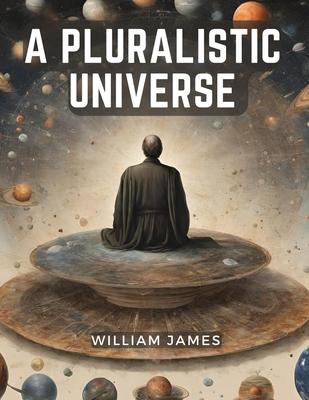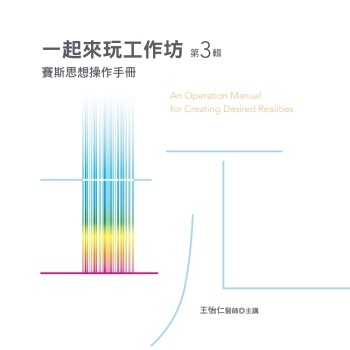"A Pluralistic Universe" is a philosophical work by William James, an American philosopher and psychologist, published in 1909. In this book, James develops his metaphysical ideas in contrast to the monistic views predominant in his time.
The central theme of "A Pluralistic Universe" is the rejection of monism, the philosophical position that reality is ultimately unified or singular. Instead, James proposes a pluralistic view of reality, where he argues that the universe is composed of multiple, diverse elements, forces, and perspectives. He emphasizes the importance of individual experiences and perspectives in shaping reality, as opposed to a singular, all-encompassing perspective.
James explores various aspects of pluralism, including the concepts of "pure experience" and "radical empiricism." He argues that reality is fundamentally experiential and that our understanding of it is based on our direct experiences rather than abstract principles or theoretical constructs.
Throughout the book, James engages with ideas from various fields, including philosophy, psychology, religion, and science. He discusses the implications of pluralism for our understanding of truth, knowledge, morality, and the nature of existence.
Overall, "A Pluralistic Universe" is a seminal work in American philosophy that challenges traditional metaphysical assumptions and advocates for a more open-minded and inclusive approach to understanding reality.












